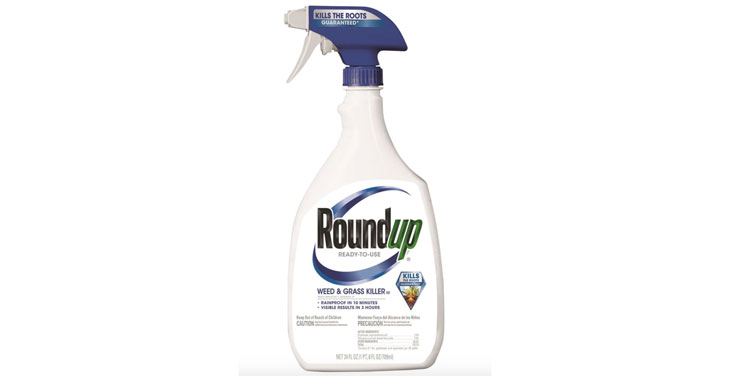
Roundup Weed & Grass Killer Products
Allegations: Falsely representing that the active ingredient “targets an enzyme found in plants but not people or pets”
May 2020: A federal judge granted preliminary approval of the settlement agreement. A final fairness hearing is scheduled for November 9, 2020. For more information, go to https://roundupwgksettlement.com.
March 2020: Plaintiffs moved for preliminary approval of a proposed settlement agreement, which would provide class members with cash awards in an amount that depends on the number of claims filed and the product(s) purchased. In addition, the company agreed to replace representations that glyphosate “targets an enzyme found in plants but not in people or pets” from the label with statements that “Glyphosate works by targeting an enzyme that is essential for plant growth.”
February 2019: A class-action lawsuit was filed against Monsanto Company and Scotts Miracle-Gro Products for allegedly misleadingly marketing that an active ingredient (glyphosate) in Roundup products – including Garden Weeds Weed & Grass Killer – targets an enzyme that is not found in people or pets when, according to plaintiffs, the ingredient targets an enzyme in humans and other mammals that is critical to their health. (Jones et al v. Monsanto Company and Scotts Miracle-Gro Products, Inc., Case No. 19-cv-102, W.D. Mo.)
For more of TINA.org’s coverage of lawsuits regarding Roundup, click here.
Allegations: Falsely representing that the active ingredient “targets an enzyme found in plants but not people or pets”
Allegations: Failing to warn consumers of the health risks associated with using the product due to its active ingredient
Allegations: Failing to warn consumers that ingredients may cause cancer
Allegations: Failing to warn consumers of the health risks associated with using the product due to its active ingredient (glyphosate)
Emily Baker-White, Forbes
Can this joint supplement back up its stiff promises?
MADISON, CONN. July 1, 2025 – Renewal by Andersen, which bills itself as “one of largest replacement window companies in the country,” is deceptively marketing its products as Made in…
TINA.org files FTC complaint against company.
Don’t let the American flags fool you.










